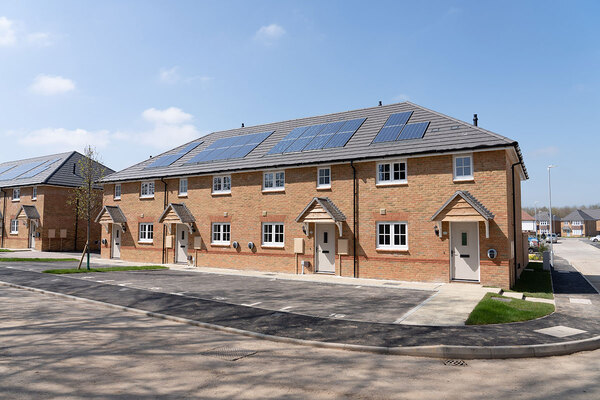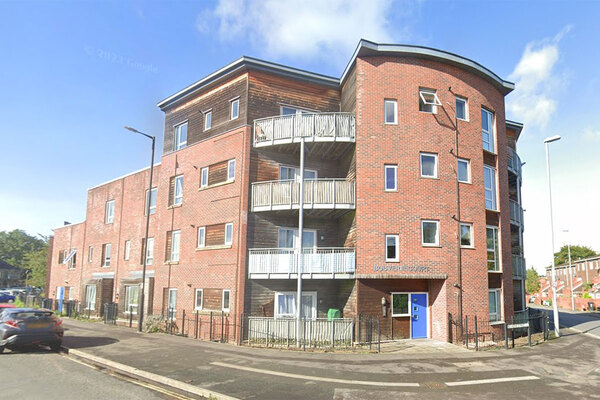RICS: benefit reforms offputting to investors
Welfare reform is undermining investment in the housing sector, according to an expert commission set up by the Royal Institution of Chartered Surveyors.

The commission’s report, seen exclusively by Inside Housing, flagged up the removal of direct payment to landlords and the effect of the bedroom tax as action that ‘weakens the perceived covenant strength of the sector, and therefore the attractiveness of both direct investment and lending to registered providers’.
It warned that without mitigation, larger levels of capital subsidy will be required to compensate for the increasing unattractiveness of the sector to investors.
‘The UK government has to recognise that driving down capital subsidies, in the context of changing welfare support for rents, will expose not-for-profit housing providers to excessive risk,’ it added.
Grant funding is the least expensive long-term form of subsidy for low-income housing because rent levels can then be cheaper, it concluded, a stance advocated by Inside Housing’s Grant Britain Homes campaign.
The report called on the government to provide certainty on its rental formula for at least 15 years to give long-term confidence on income.
It also called for a doubling of the targets to release public land for development from 100,000 homes by 2015 to 200,000 homes - a third of which should be subsidised.
The report also advised that social landlords should be able to charge more rent if they make their homes more energy-efficient, with a minimum standard landlords must meet.
The commission was concerned there were already signs of the next ‘boom’ in house prices, and warned that if the government’s help to buy scheme is sustained in the long term it will ‘seriously expose the UK Treasury to the risk of falling housing prices’.
‘In summary, there has been market failure [in housing],’ said Michael Newey, RICS president elect and chief executive of Broadland Housing.
The report recommended the housing sector sets up an independent committee to advise on housing supply of all tenures - mirroring the National Housing and Planning Advice Unit that was set up in 2007 but scrapped by the coalition in 2010.








